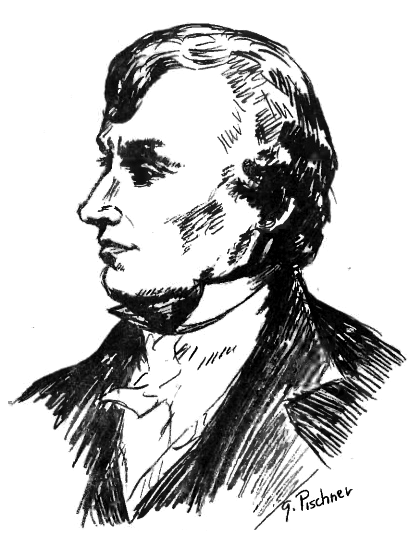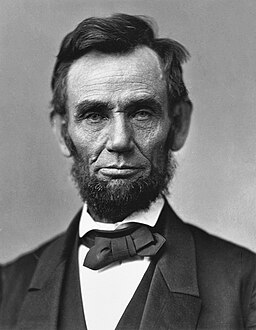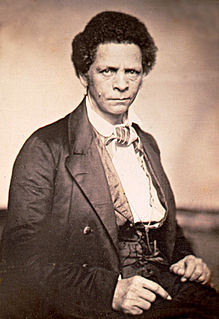
Liberia is a country in West Africa which was founded, established, colonized, and controlled by citizens of the United States and ex-Caribbean slaves as a colony for former African American slaves and their free black descendants. It is one of only two sovereign countries in the world that were started by citizens and ex-Caribbean slaves of a political power as a colony for former slaves of the same political power, the other being Sierra Leone, established by Great Britain. Settlement of former slaves was organised by the American Colonization Society (ACS). The mortality rate of these settlers was the highest in accurately recorded human history. Of the 4,571 emigrants who arrived in Liberia from 1820 to 1843, only 1,819 survived until 1843.
Sierra Leone first became inhabited by indigenous African peoples at least 2,500 years ago. The dense tropical rainforest partially isolated the region from other West African cultures, and it became a refuge for peoples escaping violence and jihads. Sierra Leone was named by Portuguese explorer Pedro de Sintra, who mapped the region in 1462. The Freetown estuary provided a good natural harbour for ships to shelter and replenish drinking water, and gained more international attention as coastal and trans-Atlantic trade supplanted trans-Saharan trade.
Americo-Liberians, or Congo people or Congau people in Liberian English, are a Liberian ethnic group of African American, Afro-Caribbean and Liberated African descent. The sister ethnic group of Americo-Liberians are the Sierra Leone Creole people, who shared similar ancestry and related culture. Americo-Liberians trace their ancestry to free-born and formerly enslaved African Americans who emigrated in the 19th century to become the founders of the state of Liberia. They identified there as Americo-Liberians. Although the terms "Americo-Liberian" and "Congo" had distinct definitions in the nineteenth century, they are currently interchangeable and refer to an ethnic group composed of the descendants of the various free and ex-slave African American, Caribbean, Recaptive, and Sierra Leone Creoles who settled in Liberia from 1822.

The Flag of Liberia or the Liberian flag bears a close resemblance to the flag of the United States, showing the freed American and ex-Caribbean slaves' offspring and bloodlines the origins of the country.

Spanish Guinea was a set of insular and continental territories controlled by Spain since 1778 in the Gulf of Guinea and on the Bight of Bonny, in Central Africa. It gained independence in 1968 and is known as Equatorial Guinea.

Sherbro Island is in the Atlantic Ocean, located in Bonthe District off the Southern Province of Sierra Leone. The Sherbro people make up by far the largest ethnic group in the island.

The 1997 Liberian general election was held on 19 July 1997 as part of the 1996 peace agreement ending the First Liberian Civil War. The presidency, as well as all seats in the House of Representatives and the Senate were up for election. Voter turnout was around 89%. Former rebel leader Charles Taylor and his National Patriotic Party (NPP) won the election by a substantial margin; Taylor won 75.3% of the vote in the presidential election, whilst the NPP won the same number of votes in the parliamentary election. Taylor was inaugurated as president on 2 August 1997.

General elections were held in Liberia on 15 October 1985. These were the first elections since the 12 April 1980 military coup that brought Samuel Doe to power. During 1984, a new draft Constitutional referendum was approved, which allowed a 58 member civilian and military combined Interim National Assembly, headed by President Samuel Doe. The ban on political parties were lifted and four parties, namely, the President's National Democratic Party of Liberia, Liberian Action Party, Unity Party and Liberia Unification Party were in fray.

Hilary Richard Wright Johnson served as the 11th President of Liberia from 1884 to 1892. He was elected four times. He was the first Liberian president to be born in Africa. He had served as Secretary of State before his presidency, in the administration of Edward James Roye.

Mississippi-in-Africa was a colony on the Pepper Coast founded in the 1830s by the Mississippi Colonization Society of the United States and settled by American free people of color, many of them former slaves. In the late 1840s, some 300 former slaves from Prospect Hill Plantation and other Isaac Ross properties in Jefferson County, Mississippi were the largest single group of emigrants to the new colony. Ross had freed the slaves in his will and provided for his plantation to be sold to pay for their transportation and initial costs.
The Back-to-Africa movement, also known as the Colonization movement or After slave act, originated in the United States during the 19th century. It encouraged those of African descent to return to the African homelands of their ancestors. This movement would eventually inspire other movements, ranging from the Nation of Islam to the Rastafari movement and proved to be popular among African Americans.
John Kizell was a first-generation African American of Sherbro origin and a key figure in the early history of Sierra Leone. Kizell was a Black Loyalist and a Baptist who belonged to the David George (Baptist) congregation of African Americans. Kizell served as an intermediary between the British colonial government and inhabitants of his native Sherbro Island off the coast of Sierra Leone, including Sherbro Caulkers and Sherbro Clevelands. Kizell was one of only 50 African-American immigrants to Sierra Leone who was born in Africa. Kizell also worked with agents of the American Colonization Society, including Samuel Bacon and Samuel Crozer, as well as with African American settlers to help colonize the territory that would later become the Republic of Liberia.

Cape Mesurado, also called Cape Montserrado, is a headland on the coast of Liberia near the capital Monrovia and the mouth of the Saint Paul River. It was named Cape Mesurado by Portuguese sailors in the 1560s. It is the promontory on which African American settlers established the city now called Monrovia on 25 April 1822.
Hilary Teague, sometimes written as Hilary Teage, was an Americo-Liberian merchant, journalist, and politician in the early years of the West African nation of Liberia. A native of the US state of Virginia, he was known for his oratory skills and he pushed for Liberian independence from the American Colonization Society. Teague drafted the Liberian Declaration of Independence in 1847 and was later a member of the Senate of Liberia and served as the new country’s first Secretary of State.

General elections were held in Liberia on 1 May 1951, the first to be held under universal suffrage, as previously only male descendants of Americo-Liberians had been allowed to vote. This was the first elections in Liberia where women and the local Liberians owning property were allowed to vote based on a Constitutional Referendum in 1945–46. In the presidential election, William Tubman of the True Whig Party was the only candidate, and was re-elected unopposed.

General elections were held in Liberia on 7 October 1975, alongside a simultaneous referendum on presidential term limits. In the presidential election, incumbent William Tolbert of the True Whig Party was the only candidate, and was re-elected unopposed. In the legislative elections True Whig Party candidates won all 71 seats in the House of Representatives and all 18 seats in the Senate unopposed. Voter turnout was around 80%.
For the rugby player from New Zealand, see Isaac Ross.
The Sierra Leone Creole people is an ethnic group in Sierra Leone. The Creole people are descendants of freed African American, West Indian and Liberated African slaves who settled in the Western Area of Sierra Leone between 1787 and about 1885. The colony was established by the British, supported by abolitionists, under the Sierra Leone Company as a place for freedmen. The settlers called their new settlement Freetown. Today, the Creoles comprise about 2% of the population of Sierra Leone.



















